relationships
1/75
There's no tags or description
Looks like no tags are added yet.
Name | Mastery | Learn | Test | Matching | Spaced |
|---|
No study sessions yet.
76 Terms
siblings /ˈsɪblɪŋz/ - one sibling
(brothers or sisters), usage:
1) We don’t want to say the gender, or it’s not important/unknown
→ She has three ___, but I don’t know if they’re brothers or sisters.
→ Do you have any ___? (often used in questions)
2) In formal or written language (it's a neutral word)
→ The research studied how ___ influence each other’s behavior.
3) When talking about numbers or relationships (in general)
→ She is the youngest of five ___.
→ I have one ___ — a brother.
offspring /ˈɒfˌsprɪŋ/
(a person’s children, нащадки, потомство), 1. The ___ of wealthy parents often inherit their business. 2. Most animals protect their ___ from danger.
dependant /dɪˈpendənt/
(someone who relies on another person, especially financially, утриманець), 1. She has three ___s to take care of. 2. Tax credits are available for each ___ in a family.
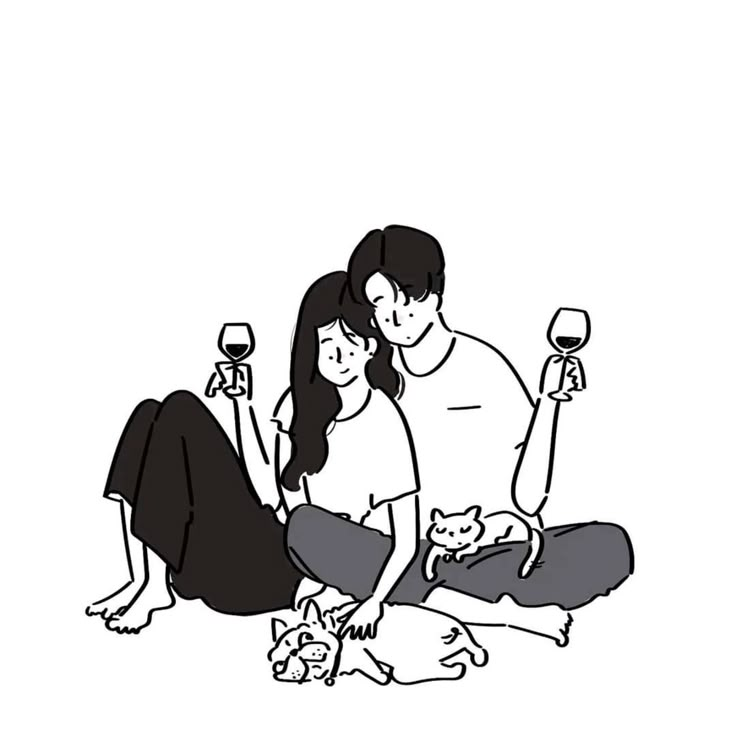
spouse /spaʊs/
(a husband or wife, подружжя), usage:
→ We don’t want to say the gender, or it’s not important/unknown
→ In formal or written language (it's a neutral word
1. He invited his ___ to the company dinner. 2. A good relationship with your ___ requires communication.
acquaintance /əˈkweɪntəns/
(someone you know slightly but who is not a close friend), 1. We’re not close, just ___. 2. I ran into an old ___ at the supermarket.
workmate /ˈwɜːkmeɪt/
(a person you work with), 1. My ___ and I teamed up for the project. 2. After work, some ___ go out for drinks.
foster family /ˈfɒstə ˈfæməli/
(a family that temporarily takes care of a child without adoption - often when the parents are criminals/addicts), 1. The child stayed with a ___ for two years. 2. She found love and support in her ___.
adoptive family /əˈdɒptɪv/
(a family that has adopted a child, i.e. the child has legally become a member of the family), 1. They are his ___ parents, not his biological ones. 2. Even though she’s not their biological child, her ___ gave her endless love and support.
orphanage /ˈɔːfənɪdʒ/;
(this is a place where children who lost their parents live or cannot live with them), 1.She grew up in an ___. 2. 2.The children from the ___ need special love and treatment.
helicopter parents /ˈheləkɒptə ˈpeərənts/
(parents who are overprotective and excessively involved in their children’s lives), 1. ___ often monitor their children’s every move. 2. Some teenagers feel suffocated (задихаються) by their ___.
formative years /ˈfɔːmətɪv jɪəz/
(the early years of a person’s life, which shape their personality), 1. Experiences in the ___ influence future behavior. 2. During his ___, he moved between several schools.
juvenile /ˈdʒuːvənaɪl/
(relating to young people who are not yet adults, неповнолітні), 1. The court deals with ___ offenders (правопорушники). 2. ___ crimes make up 25 percent of all police cases.
bring sb up /brɪŋ ʌp/ - past = brought
(to raise a child, процес виховання, навчання, турбота), 1. She ___ her son alone. 2. They ___ their children to be respectful.
raise children /reɪz ˈtʃɪldrən/ - past=raised
(to bring up and care for children, can mean not only education, but also providing food, clothing, etc.), 1. It's not easy to ___ on a limited income. 2. They ___ to be kind and curious.
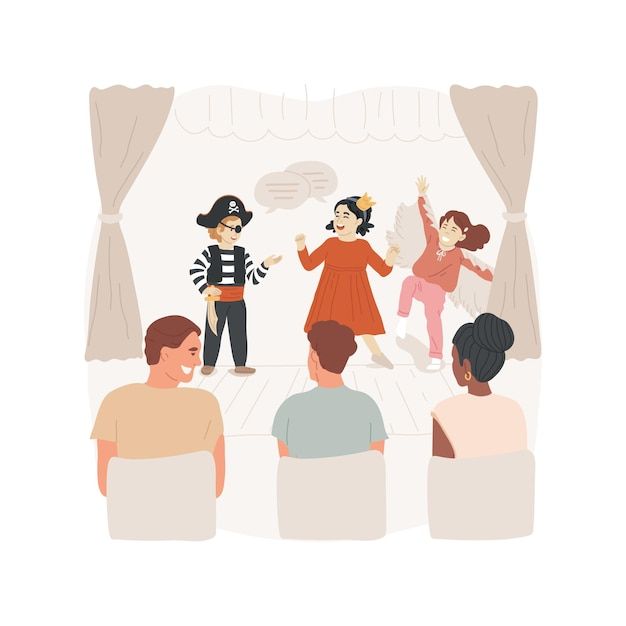
be there for sb /ˈðeə fə/
(to support someone when they need help), 1. I’ll always ___ you. 2. True friends ___ each other.
take after sb /teɪk ˈɑːftə/
(to resemble (бути схожим на) a family member in appearance or behavior), 1. She ___ her mother in both looks and character. 2. He ___ his grandfather’s sense of humour.

ask sb out /ɑːsk ˈaʊt/
(to invite someone on a date), 1. He finally ___ed her ___. 2. Don’t be afraid to ___ someone you like.
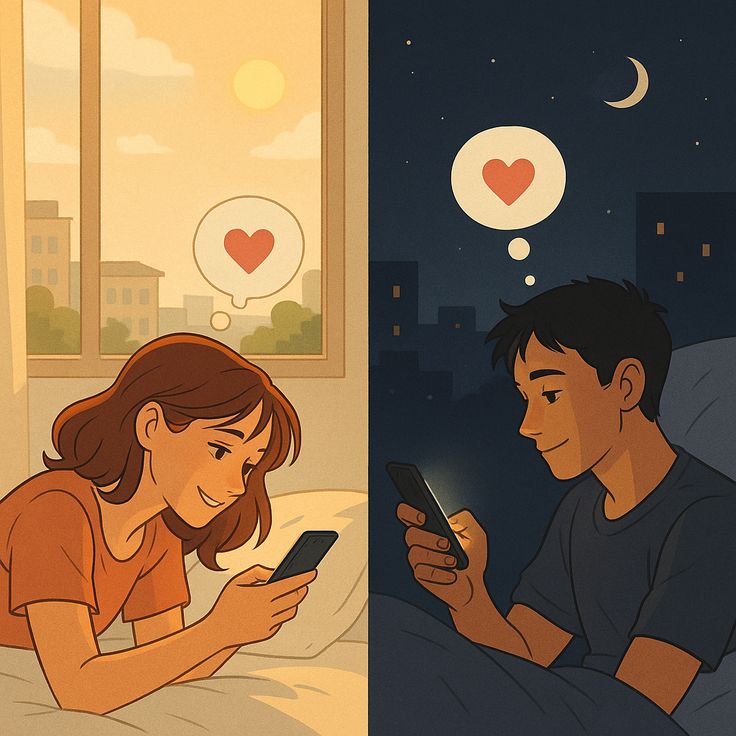
fall for sb /fɔːl fə/
(to begin to love someone), 1. I ___ him the moment we met. 2. She ___ her best friend’s brother.
love at first sight /lʌv ət ˌfɜːst ˈsaɪt/
(falling in love immediately after seeing someone), 1. For them, it was ___. 2. Some people don’t believe in ___.
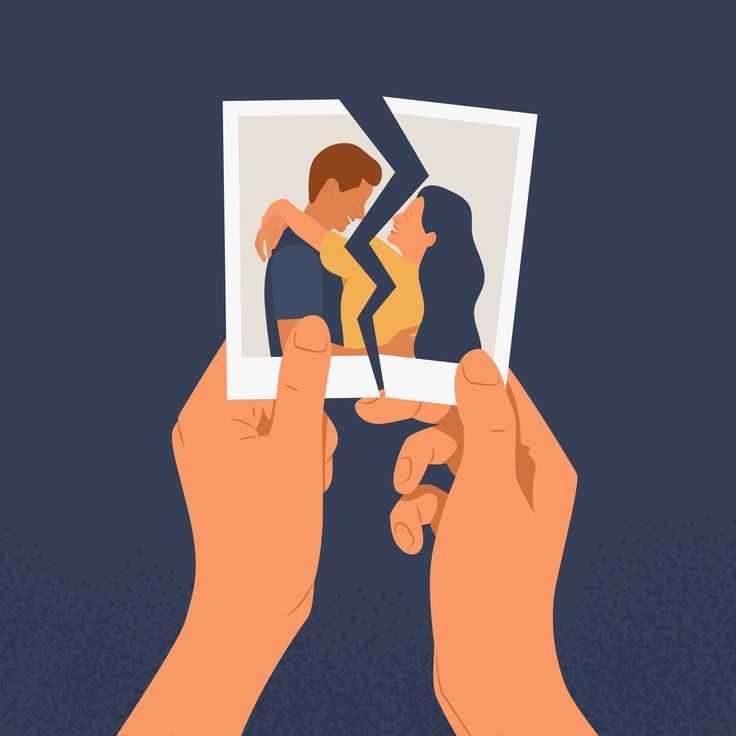
split up with sb /splɪt ʌp wɪð/ - past=split up
(to end a romantic relationship), 1. She ___ her boyfriend last month. 2. They ___ after years of arguing.

drift apart /drɪft əˈpɑːt/ - past=drifted
(to slowly become less close to someone), 1. We ___ after university. 2. Over time, the couple ___.
settle down /ˈsetl daʊn/ - past=settled
(to start living a stable and regular life, often in one place or with a partner), 1. He wants to ___ and have kids. 2. After years of travel, she finally __ed_.
one-night stand /ˌwʌn naɪt ˈstænd/
(a sexual relationship that lasts for only one night), 1. They had a ___ and never spoke again. 2. He regrets that ___ meant more to him than to her.
get along with /ɡet əˈlɒŋ wɪð/
(to have a good relationship with someone), 1. I really ___ my flatmate. 2. She doesn't ___ her brother very well.
be on speaking terms /ɒn ˈspiːkɪŋ tɜːmz/
(to be polite enough to talk to someone, especially after a disagreement), 1. After the argument, we weren’t ___. 2. They are barely ___ these days.
be on the same wavelength (as sb) /ɒn ðə seɪm ˈweɪvleŋθ (əz)/
(to think in a similar way), 1. We’re totally ___. 2. It’s hard working with someone who isn’t ___as you.
be very close to /ˈveri kləʊz tuː/
(to have a strong emotional connection with someone), 1. I’m ___ my sister. 2. They’ve always been ___ their parents.
have a lot/nothing in common with /hæv ə lɒt ɪn ˈkɒmən wɪð/
(to (not) share interests or experiences), 1. I ___ my best friend. 2. We quickly became friends because we ___.

(not) see eye to eye with /nɒt siː aɪ tʊ aɪ wɪð/
(to (not) agree with someone), 1. I don’t ___ my manager on this issue. 2. We rarely ___ each other about politics. 3. I ___ my colleague on the project plan.
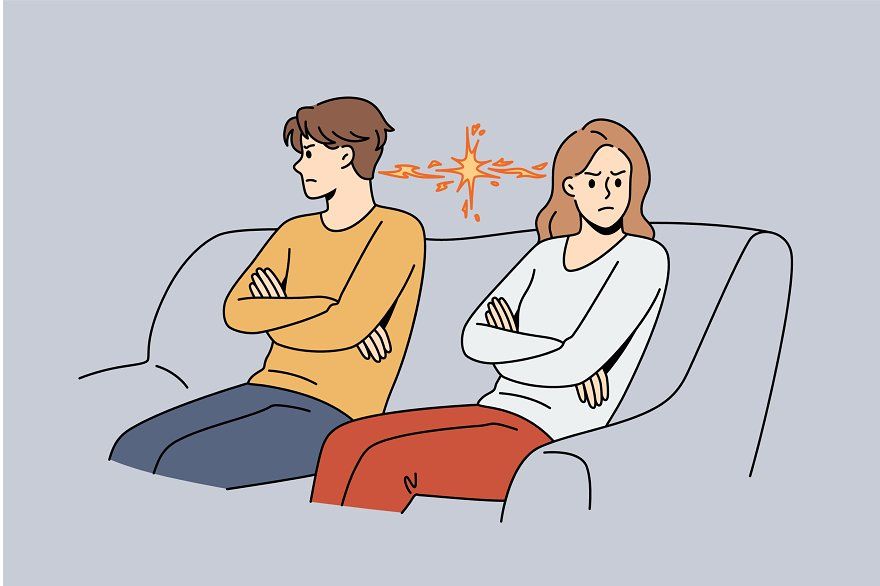
fall out with /fɔːl aʊt wɪð/
(to argue and stop being friendly), 1. She ___ her best friend over a misunderstanding. 2. They often ___ their neighbors.
make up /meɪk ʌp/
(to become friends again after an argument), 1. After the fight, we ___. 2. They always ___ quickly after a disagreement.
put up with sth /pʊt ʌp wɪð/
(to tolerate something unpleasant), 1. I can’t ___ his rude comments anymore. 2. She ___ the noise for years.
count on /kaʊnt ɒn/
(to rely on someone), 1. You can always ___ me. 2. We ___ our friends for support.
run into sb /rʌn ˈɪntuː/
(to meet someone unexpectedly), 1. I ___ my old teacher yesterday. 2. She ___ her ex at the café.
pick sb up /pɪk ˈʌp/
(to collect someone in a car), 1. Can you ___ me from the station? 2. He ___ his daughter after school.
take to /teɪk tuː/
(to begin to like someone or something), 1. She immediately ___ her new boss. 2. He ___ painting during lockdown.
stand up for /stænd ʌp fə/
(to defend someone or something), 1. It’s important to ___ your rights. 2. He ___ his little brother in the fight.
stick up for someone /stɪk ʌp fə/
(informal: to support or defend someone), 1. No one ___ me when I was a child. 2. She always ___ her friends.
look up to sb /lʊk ʌp tuː/
(to admire and respect someone), 1. I ___ to my favorite bloggers. 2. Many people ___ great leaders.
look down on /lʊk daʊn ɒn/
(to think you are better than someone), 1. He ___ people who don’t have degrees. 2. Don’t ___ others for making different choices.
put sb down /pʊt daʊn/
(to criticize or humiliate someone), 1. He always ___ me in front of others. 2. Don’t ___ people to feel better about yourself.
let sb down /let daʊn/
(to disappoint someone, підвести), 1. I really needed help and you ___ me ___. 2. She ___ her team by arriving late.
put sb off sth /pʊt ɒf/
(to make someone not want something, відбити бажання), 1. The smell ___ me eating. 2. My mother’s constant criticism __me__ helping her.
put sb through sth /pʊt θruː/
(to make someone experience something difficult), 1. He ___ his parents a lot during his teenage years. 2. I’m sorry I ___ you all that stress.
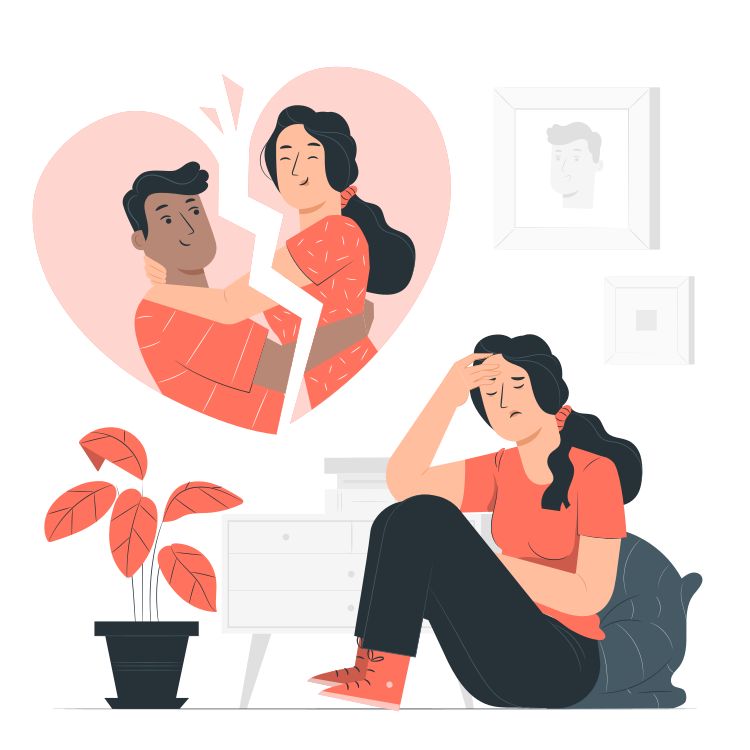
get over sth /ɡet ˈəʊvə/
(to recover from something), 1. It took her months to ___ the breakup. 2. He still hasn’t ___ the flu.
talk sb into sth /tɔːk ˈɪntuː/
(to persuade(переконати) someone to do something), 1. She __me__ into buying the dress. 2. He __us__ into trying the rollercoaster.
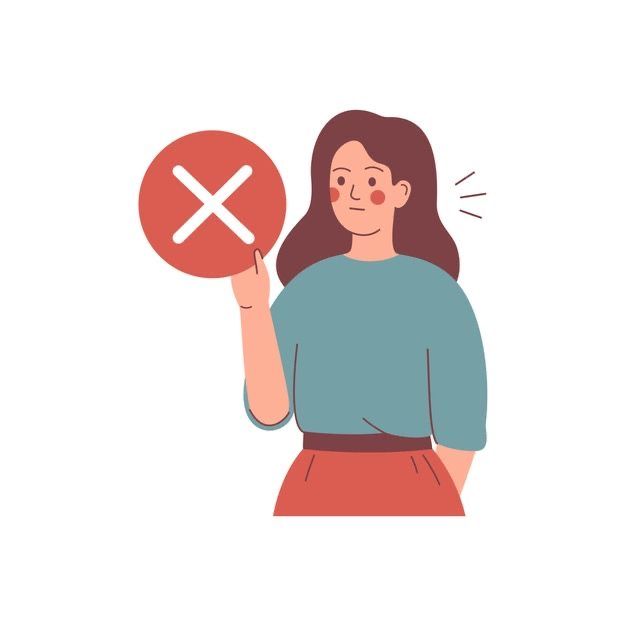
call sth off /kɔːl ɒf/
(to cancel something), 1. They ___ the wedding. 2. The match was ___ due to rain.
mess sb about /mes əˈbaʊt/
(to treat someone badly by changing your mind or not being reliable (надійним)), 1. He’s been __her__ about for months. 2. Don’t __me__about if you’re not serious.
put a strain on /pʊt ə streɪn ɒn/
(to cause pressure or tension), 1. The illness ___ on their relationship. 2. Financial problems can ___ on any marriage.
take an instant dislike to sb /teɪk ən ˈɪnstənt dɪsˈlaɪk tə/
(to dislike someone immediately), 1. I ___ him the moment we met. 2. She ___ her new boss for no clear reason.
compliment sb on sth /ˈkɒmpləmənt ɒn/
(to praise someone for something), 1. He ___ed me ___ on my work. 2. I ___ed her ___ on her dress.
lecture sb about sth /ˈlektʃə əˈbaʊt/ - past=lectured
(to criticize or warn someone, often at length(постійно)), 1. My dad ___ed me ___ about money. 2. She ___ed him ___ about being late again.
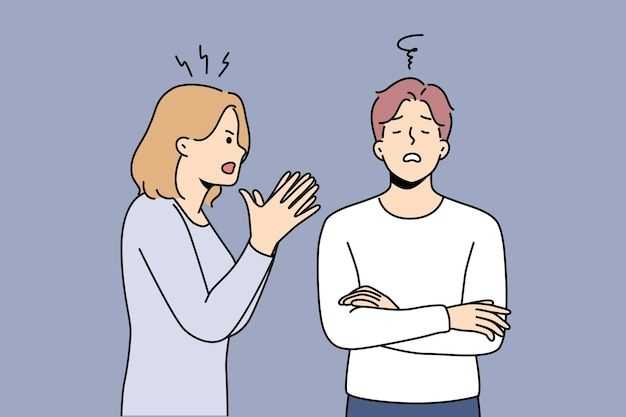
nag sb about sth /næɡ əˈbaʊt/ - past=nagged
(to keep complaining or reminding someone about something, “пиляє”, сварить - часто в роздратованому тоні), 1. She ___ed me ___ about cleaning. 2. He ___s his son ___about homework every day.
praise sb for sth /preɪz fə/
(to say that you admire what someone has done), 1. The teacher ___ed her ___ for her progress. 2. He ___ed them ___ for their bravery.
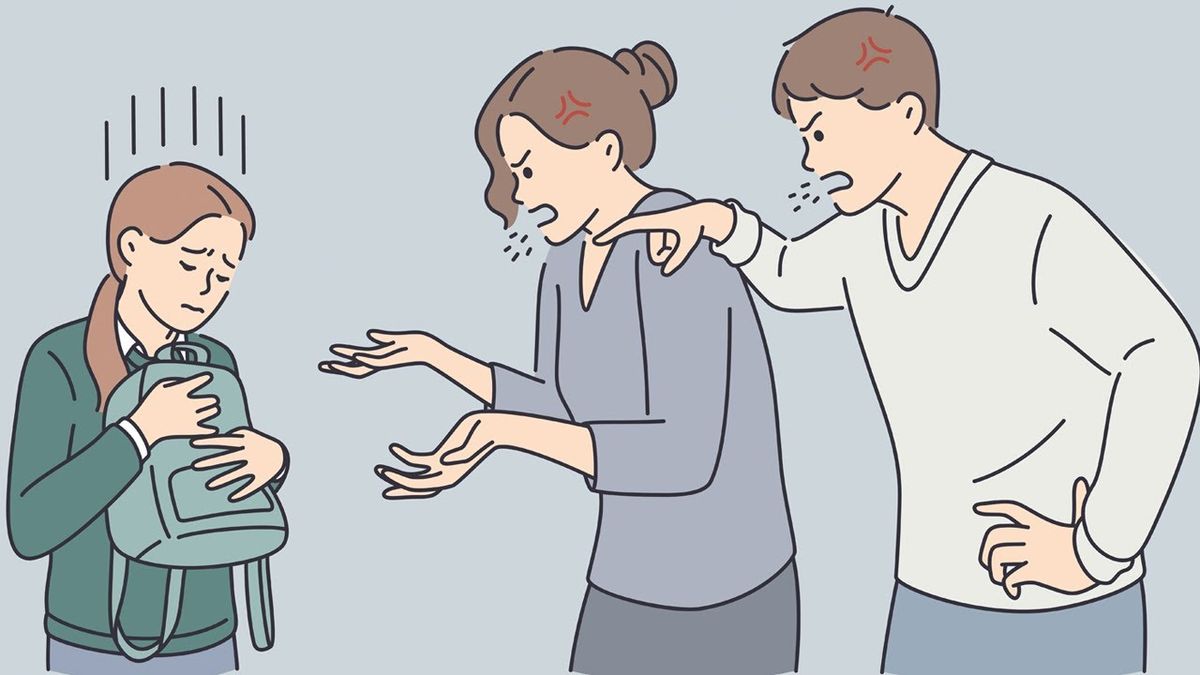
tell sb off for sth /tel ɒf fə/
(to speak angrily to someone for doing something wrong, сварити), 1. Mum ___ me ___ for shouting. 2. He ___ his brother ___ for being rude.
blame sb for /bleɪm/
(to say someone is responsible for something bad), 1. Don’t ___ me ___ your mistake. 2. He ___ her ___ the accident.
flatter sb to /ˈflætə/
(to praise someone insincerely for personal gain), 1. She ___ed him to get a promotion. 2. Don’t ___ me to borrow money.
treat sb with /triːt/
(to behave towards someone in a particular way), 1. Always ___ people with respect. 2. He ___s her with kindness.
tolerate /ˈtɒləreɪt/
(to accept something unpleasant without complaining), 1. I can’t ___ that noise anymore. 2. She refused to ___ any more lies.
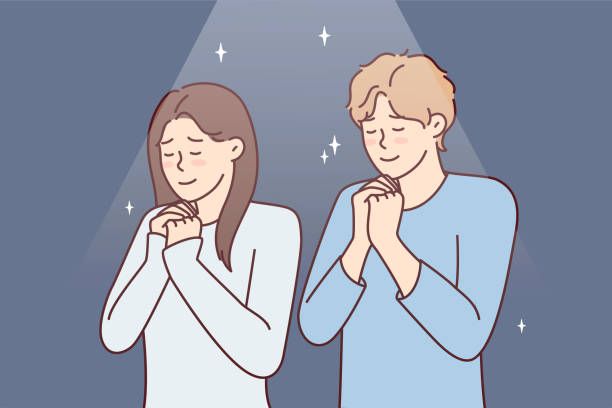
worship /ˈwɜːʃɪp/
(to admire someone deeply, sometimes excessively, боготворити), 1. As a child, he ___ed his father. 2. She ___ her favorite singer like a god.
idolise /ˈaɪdəlaɪz/
(to admire someone so much that you think they are perfect), 1. He ___s his older brother. 2. Teens often ___ celebrities.
feel sorry for /fɪl ˈsɒri fə/
(to feel sympathy for someone in a difficult situation), 1. I ___ her after hearing her story. 2. They ___ the injured dog.
→ feel sorry about - to regret
1.I feel sorry about what I said yesterday. 2. He felt sorry about missing the meeting
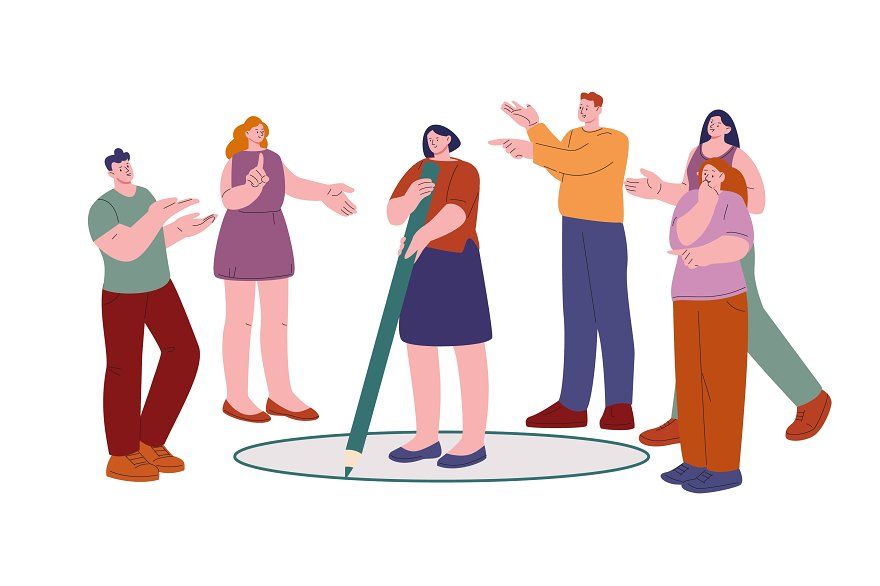
be wary of /ˈweəri əv/
(to be cautious or careful about something or someone), 1. She’s ___ strangers. 2. I’m always ___ people who lie easily.
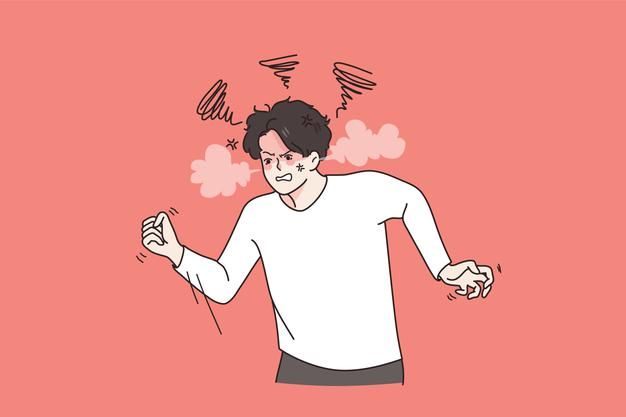
detest /dɪˈtest/
(to strongly dislike something or someone), 1. I ___ injustice. 2. He ___ waiting in queues.
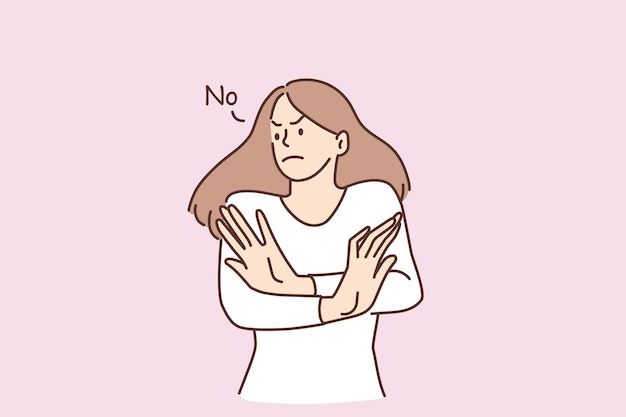
despise /dɪˈspaɪz/
(to hate and strongly disapprove of), 1. She ___s liars. 2. I ___ people who cheat.
repel /rɪˈpel/
(to strongly push away emotionally or physically), 1. His arrogance ___s everyone. 2. That smell ___s me.
revolt /rɪˈvəʊlt/
(to cause strong disgust / збунтуватись), 1. The soldiers ___ed after months without pay. 2. The idea of eating insects ___s me.
have a strong bond /bɒnd/
(to have a close emotional connection), 1. They ___ from childhood. 2. A parent and child often ___.
rivalry /ˈraɪvəlri/
(competition between people), 1. There was constant ___ between the twins. 2. Sibling ___ can last into adulthood.
findings /ˈfaɪndɪŋz/
(results of research or investigation), 1. The ___ of the study were surprising. 2. Recent ___ suggest a link between stress and health.
strict /strɪkt/
(demanding obedience(слухняність) and discipline), 1. Her parents were very ___. 2. We had a ___ teacher in school.
caring /ˈkeərɪŋ/
(kind and concerned for others), 1. She’s very ___ towards animals. 2. He was known as a ___ doctor.
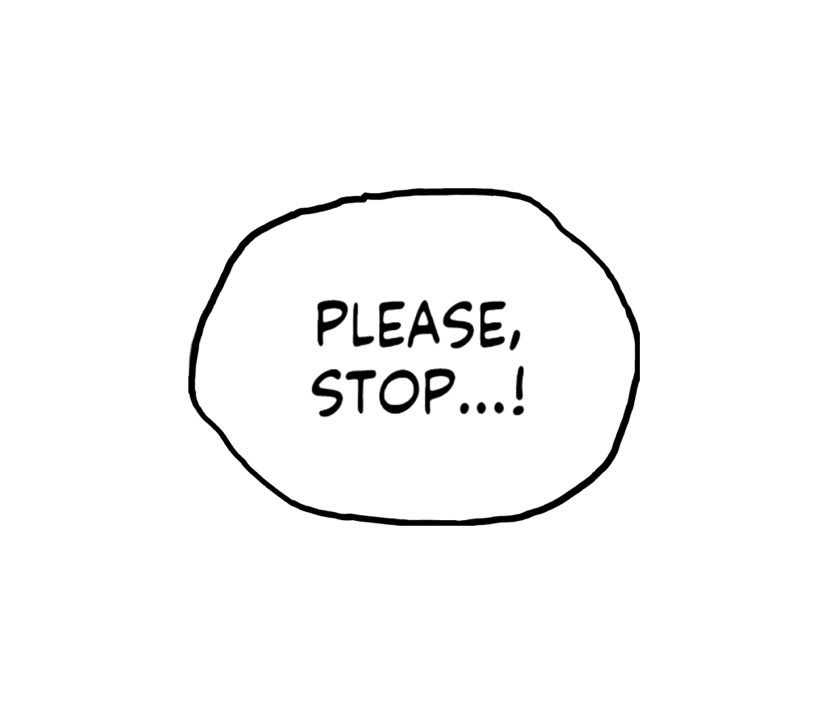
nasty /ˈnɑːsti/
(mean or unpleasant, огидно), 1. That was a ___ comment. 2. He can be really ___ when angry.
mean /miːn/
1) Not willing to give or share things, especially money
→ He's too ___ to buy her a ring.
2) Unkind or unpleasant
→ Stop being so ___ to me!
→ You shouldn't have been so ___ to your mother - she deserves better.
be reluctant to /rɪˈlʌktənt/
(unwilling to do something, неохочий), 1. She was ___ talk about it. 2. I was having such a good time I was ___ to leave. 3. Many parents feel ___ to talk openly with their children.
inevitable /ɪˈnevətəbəl/
(certain to happen, unavoidable, неминучий), 1. Conflict was ___. 2. Change is often ___.